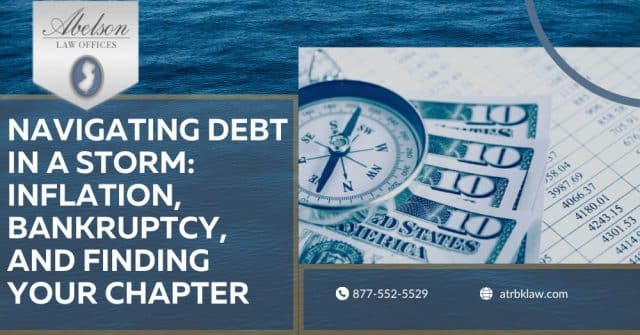The saying is that the only thing that is inevitable is “death and taxes.”. Bankruptcy cannot alter anyone’s life expectancy but it may be able eliminate a substantial amount of tax obligations. Contrary to what most people realize, income taxes are often capable of being eliminated in Chapter 7 and Chapter 13 Bankruptcy filings.
The basic restrictions require the tax to be more than 3 years from the date due (plus extensions), more than 2 years from a late filing, and more then 240 days from the date of any IRS assessment. Assuming these conditions can be met, a bankruptcy discharge eliminates the tax debt along with all other unsecured debts. Even if the debt is not dischargeable, often the penalties and interest are.
This unique area of bankruptcy law is not for the weak. The restrictions can be fairly complex and the IRS can impede this right of discharge of taxes by filing tax liens or aggressively seeking collection prior to expiration of the statutory deadlines. Different rules apply to business and personal taxes. Planning your potential bankruptcy filing is imperative. Only a thorough review of specific transcripts from the IRS can determine for sure what can or cannot be discharged – and when. All too often, inexperienced bankruptcy counsel may prematurely file a bankruptcy, thus leaving the debtor on the hook for these obligation, with penalties and interest!
The attorneys at Abelson & Truesdale are fully versed in this specialized field of Bankruptcy law, having invested hundreds of hours of detailed instruction from the country’s foremost practitioners and scholars on this subject. Mr. Abelson has recently returned from an intensive course with Morgan King, Esq., the California attorney who literally wrote the book on this subject- the very book most IRS revenue officers use themselves.
Let us assist you in review of your situation. If bankruptcy is not a viable option for your situation, we will gladly discuss potential IRS remedies such a Collection Due Process (CDP) requests or Offers in Compromise (OIC) requests, the standards for which have been recently liberalized by the IRS. Please contact our office for a thorough Pre-Bankruptcy Tax Review.




